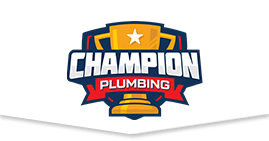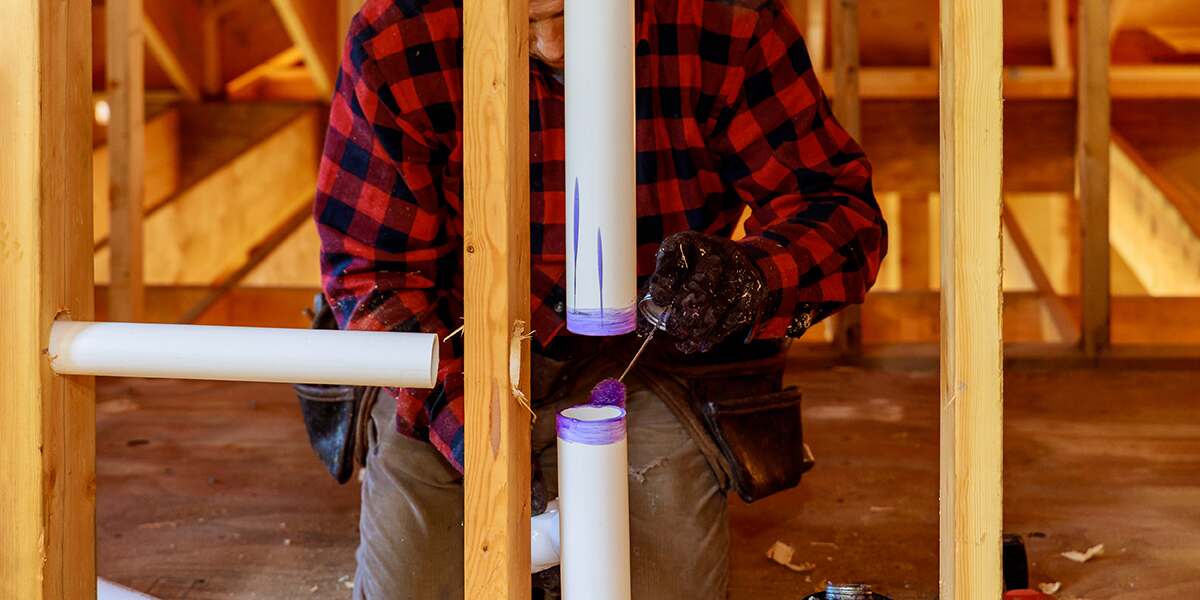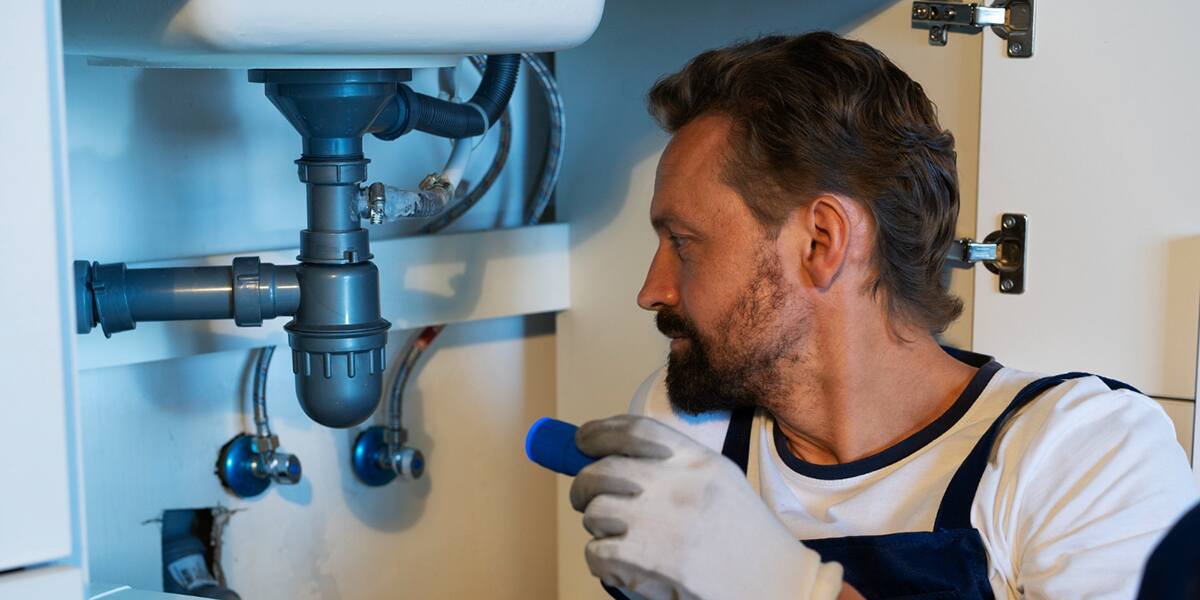Are you noticing signs of decreasing water quality? Call plumbing experts from Champion Plumbing to schedule water quality maintenance services.
Clean, running water is something we all expect within our homes. When you turn on a faucet and something seems amiss, you might be dealing with water quality issues in your home.
While noticing the signs of degraded water quality may be simple, most people are unaware of the factors that affect water quality. In this blog, we’ll review the importance of maintaining clean water in your home, seven factors that impact water quality, and filtration system options.
When you notice declining water quality, enlisting top-rated plumbing services in Yukon offers the best solution. Call plumbing professionals from Champion Plumbing to restore your home’s water quality.
Importance of Maintaining High Water Quality
It might seem obvious that you should maintain high-quality water in your home. However, many people don’t realize the many adversities that can result from degraded water quality.
You use water every day for essential activities like cooking, cleaning, bathing, and, of course, drinking. Low-quality water can damage your plumbing systems and lead to rust, corrosion, and leaks. Furthermore, contaminated water could damage appliances and water fixtures.
Worst of all, low-quality drinking water can lead to health issues. From skin problems to cancer, drinking or bathing in water with even low-level contaminants could be dangerous.
7 Primary Factors Impacting Water Quality
Most homeowners pay no mind to their plumbing and water systems until issues arise. However, understanding the potential sources of water quality issues can help you avoid problems. The following seven factors that affect water quality could be the source of your issues.
1. Water Source
First and foremost, the water supply you use significantly determines the quality of your water. Every state and region has different water sources depending on the environment and sewage infrastructure. The most common sources are surface water from rivers, lakes, and reservoirs and groundwater from aquifers, springs, and wells.
Since surface water sources are more accessible, they also pollute more easily than groundwater sources. However, groundwater sources can also face issues from neighboring plumbing and sewage infrastructures. Ultimately, water supply issues may require intervention from your municipal government.
2. Water Treatment Processes
Water sources from surface or groundwater will require treatment at a local plant before it can enter a municipal supply. These treatment processes might introduce contaminants and pollutants if there is an issue at the site.
Furthemore, the technologies, equipment, and techniques used to purify water at each plant may differ and carry different risks of contaminants. You might need to check with your water treatment center or add additional filtration if you discover these processes are causing a problem.
3. Home and Plumbing Infrastructure
Your home’s plumbing infrastructure and building materials can either cause or contribute to decreased water quality. If your pipes rust and corrode, they could allow nasty contaminants into your water supply. Rusted or corroded water heaters can also be the source of water quality issues.
Leaks could leave your pipes with holes that introduce additional contaminants to your water supply. Certain building materials are more susceptible to issues like mold growth that could exacerbate problems with water quality.
4. Household Cleaners and Waste
The household cleaners you utilize may play a part in your home’s water quality. Certain chemicals, bleaches, and cleaning products could accumulate within your water and lead to issues.
Additionally, flushing certain products down toilets or introducing them into the drainage system could contaminate your water supply. Only dispose of the appropriate materials through toilets and garbage disposals.
5. Industrial and Agricultural Activities
Industrial and agricultural activities could contribute to low water quality, especially if you live near farms and factories. Specifically, fertilizers, pesticides, wastewater, factory runoff, and irresponsible chemical disposal could infect water supplies and lead to declining water quality.
6. Environmental Factors
Considering most water sources come from the environment, it should be no surprise that environmental factors impact water quality. Extreme weather and natural disasters can cause damage to human-made structures that could contaminate water supplies. Furthermore, acid rain and other polluted weather could adversely affect surface water sources.
In most cases, the Environmental Protection Agency (EPA) will have to deal with environmental factors that affect water quality. You would also likely receive a warning of such damaging events.
7. Pollution and Human Waste
Unsurprisingly, pollution and other human waste can have a terrible impact on local water supplies. Irresponsibly disposed of chemical waste, contaminants from trash, and other human-made pollution can introduce harmful chemicals to the water. Even water treatment processes likely won’t be enough to eliminate these contaminants.
Water Filtration Types
Considering the many potential issues for your home’s water quality, adding a water filtration system usually offers the best solution. The two main types of in-home water filtration systems include:
- Point-of-entry: These water filtration systems eliminate contaminants at the source. Point-of-entry systems add filters at the inlet of your water supply, filtering every ounce of fluid that enters your home.
- Point-of-use: Popular point-of-use water filtration systems like reverse osmosis and distillation filter only one water fixture in your home. These systems attach to faucets and nozzles or integrate into the infrastructure of only one appliance.
With the many available water filtration system options, settling on one can feel challenging. Plumbing experts from Champion Plumbing can guide you on the best configuration for your property.
Fortify Your Water Quality With Expert Services From Champion Plumbing
In most homes, filtering tap water requires an addition of one of the many water filtration system options. Professionals from Champion Plumbing offer top-rated installation, repair, and maintenance services for any kind of water filtration system. We can help you identify any factors reducing the water quality in your home and efficiently repair them to fortify your system.
For more information about the factors that affect water quality, call (405) 725-1534 and schedule plumbing experts from Champion Plumbing. We can assist with your needs.






